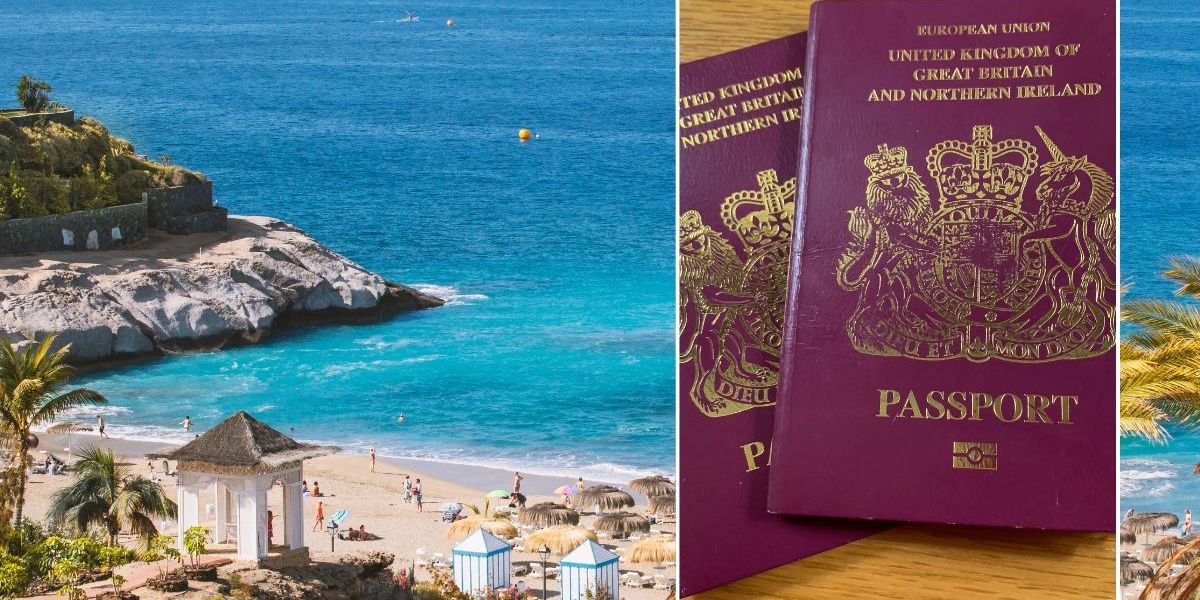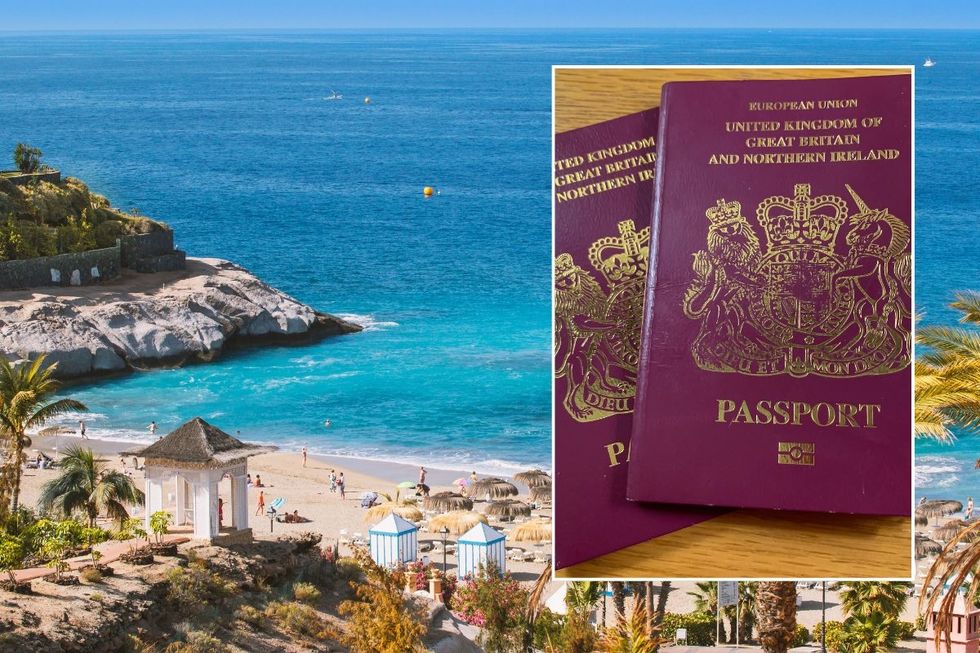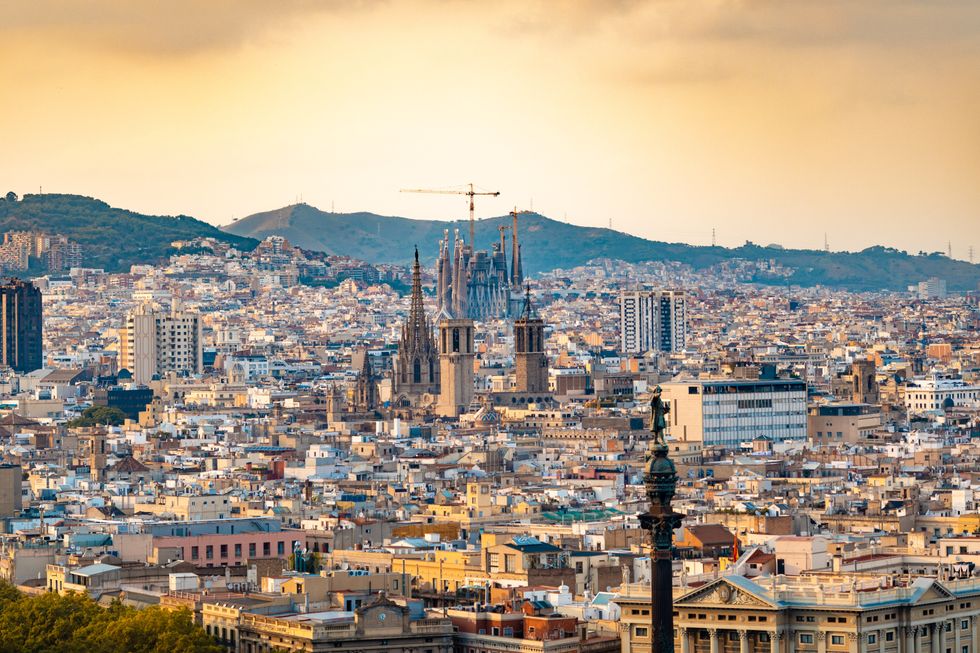Spain attracts more visitors than any other European country, but mass tourism in smaller destinations has stirred unease among locals in recent months.
To help cope with the saturation of the travel sector, famous holiday hotspots across the Canary Islands have announced they will introduce a tourism tax.
As of 2025, tourists will pay an undisclosed fee while visiting certain areas in Tenerife. On Friday, the Canary Islands’ City Council confirmed that the levy would be introduced on January 1.
The levy comes on the back of mass protests that have seen thousands of locals chant that over-tourism is “killing the Canary Islands”.

Canary Islands are fighting back at the over-saturation of tourism
GETTY
The latest wave of demonstrations erupted in Tenerife’s capital of Santa Cruz, where more than 50,000 locals marched under the banner Canarias tiene un límite “(The Canaries have a limit)”.
Thousands of protestors in Lanzarote and Gran Canaria were seen marching against foreign visitors who are “eroding” the local culture.
Several major cities in Spain have already responded to the growing demands of tourism by imposing bans, fines and taxes in recent months.
Tenerife’s levy has been described as an eco-tax and will be implemented on the island’s most protected sites. It is understood that tourists will not be charged upon arrival but will instead be applied for visits to the island’s natural beauty spots.
These popular sites include the Mount Teide volcano and other historic pueblos such as Masca. Rural parks will also introduce the tourism tax.
Rosa Davila, the first female president of Tenerife, said: “We must analyse the exceptionalities that can be applied in a territory as fragile and limited as ours. What is clear is that Tenerife cannot be a theme park.
“Those who visit us have to value and respect our natural and cultural wealth, our resources, and they have to be clear about the rules for their preservation.
“In addition, there have to be limits to prevent tourism from overflowing.”
During last week’s protests, a spokesman for the protest platform Canaria Se Agota told the media: “Today, April 20, marks the 10th day of the hunger strike.
“Today we cannot forget these people who are putting their lives at risk for our Earth. Their determination inspires, their bravery moves us, their sacrifice reminds us that this struggle is everyone’s and for everyone.”
LATEST DEVELOPMENTS

Barcelona increased its nightly levy in 2023
PEXELS
Despite making hefty contributions to the economy, tourism presents a seasonal challenge for smaller European destinations.
Authorities in Andalusia have joined calls for a tourism tax to be levied in the region to help cities pay for projects that would appease pressure from the travel sector.
Taxes for visitors have become increasingly common in Spain in recent years, with Barcelona increasing its nightly levy in April 2023.
Catalonia and the Balearic Islands have also implemented a tourist levy, which charges guests an additional €3.50 a day. The proceeds are used for sustainability projects.













Post comments (0)